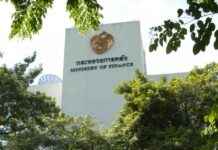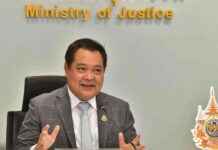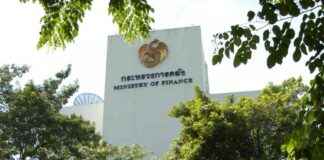The Philippines is on high alert as foreign cyber intrusions continue to target intelligence data, with no breaches detected so far, according to Information and Communications Minister Ivan Uy. These attempts, known as advanced persistent threats (APTs), have been ongoing for some time, with a majority originating from foreign actors. Despite the persistent nature of these threats, the country’s cyber defenses have remained resilient, thwarting any infiltration attempts by these malicious cyber actors.
Foreign Threats and Government Response
Uy highlighted the presence of “sleepers,” threats embedded within systems that go undetected until exposed by cybersecurity efforts. The government has not observed any cyberattacks targeting critical infrastructure, suggesting that its cyber defenses and security measures are robust. However, attributing cyber intrusions to specific attackers remains a challenge, as the attackers often leave misleading digital traces to obfuscate their origins. To address these threats, the government is actively collaborating with diplomatic channels and sharing intelligence with the military and other countries to validate threats and bolster defenses.
Last year, the Philippines successfully thwarted attempts by hackers in China to breach websites and email systems of government agencies, including those promoting maritime security. Uy described the escalating cyber threats as part of a global arms race, where nations and criminal organizations exploit digital vulnerabilities for financial or strategic gain. He emphasized that the current landscape of cyber warfare represents a digital World War III, where attacks and defenses unfold in cyberspace without physical manifestations.
Challenges Ahead and Election Security
In addition to cyberattacks, Uy raised concerns about the rise of deepfakes and “fake news media outlets” seeking to manipulate public opinion ahead of the Philippines’ mid-term elections in May. Misinformation and disinformation pose significant risks to democracies like the Philippines, where elections hinge on personal opinions shaped by information. To combat these threats, the Ministry of Information and Communications has deployed tools and strategies to counter the spread of false narratives and ensure the integrity of the electoral process.
As the country navigates the complex terrain of cyber warfare and disinformation campaigns, Uy emphasized the importance of vigilance, collaboration, and technological advancements in safeguarding national security and democratic processes. The evolving nature of cyber threats underscores the need for continuous innovation and adaptation to stay ahead of malicious actors seeking to exploit vulnerabilities in the digital realm.
In conclusion, the Philippines remains steadfast in its commitment to bolstering cybersecurity measures, defending against foreign intrusions, and safeguarding the integrity of its critical systems. By remaining proactive, vigilant, and collaborative, the country aims to mitigate cyber risks, protect national interests, and uphold the principles of democracy in the face of evolving digital threats.




















